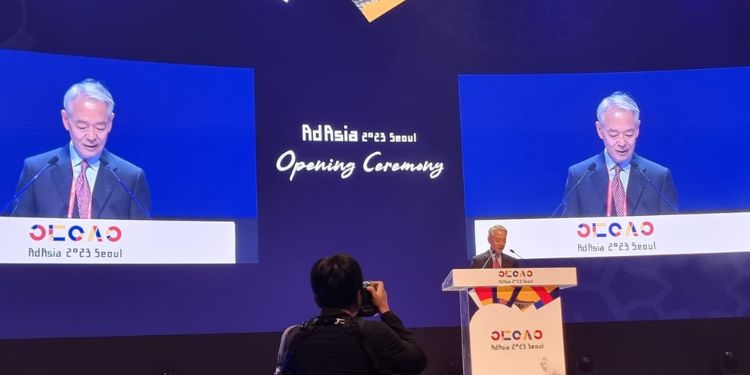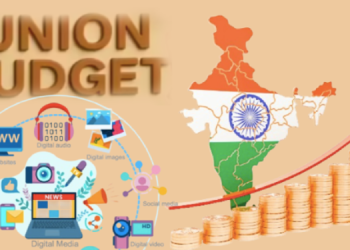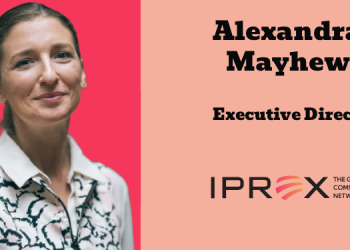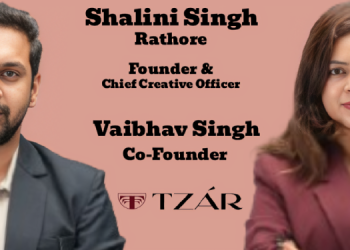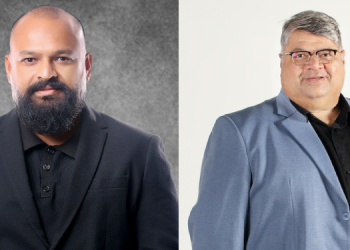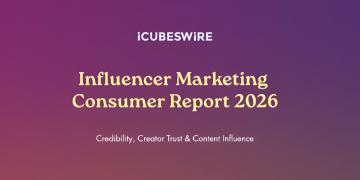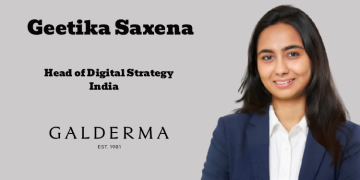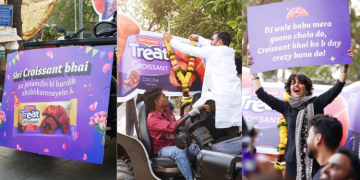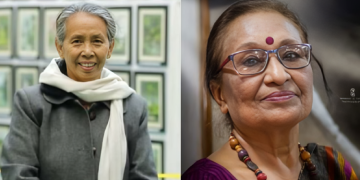Ad Asia 2023, hosted in Seoul, showcased the dynamic transformation of advertising and marketing in the digital age. The theme, ‘The Digital Race – Ready, Set, Transform’ underscored the critical importance of connecting with consumers in this evolving landscape. The event featured notable speakers and discussions on various aspects of digital marketing and advertising.
The opening ceremony featured a keynote by Google’s VP of Marketing for Asia-Pacific, who delved into the pivotal role of AI in the future of digital marketing. As the consumer journey is evolving, AI is seen as a key driver of both performance and content marketing. She also spoke about the democratisation of content, particularly through short form contents like Youtube Shorts, TikTok, Instagram Reels, which have contributed to significant surge in daily view counts and plays a crucial role in localising content.
Kentaro Kimura from Hakuhodo Japan shared insights on ‘Creativity that AI can’t do’. He stressed the importance of recognising and respecting local culture and values to establish meaningful consumer connections. He suggested that brands can create custom-tailored experiences that resonate deeply with the local audience to foster authenticity.
The conference also brought into attention programmatic digital out of home advertising, which unites digital screen owners and advertisers seeking impactful audience profiling through real-time mobile data. This new approach aims to increase the efficiency of OOH campaigns by delivering ads to the right audiences based on impressions and real time data.
Kevin Swanepoel, CEO, The One Club for Creativity in New York, shared the remarkable journey of prestigious awards like The One Show and ADC. He emphasised the importance of awards for agency reputation, talent attraction, business growth and industry inspiration. It was equally exciting to hear from Jo Jackson, the new CEO of D&AD, who showcased captivating work and shared valuable insights. She encouraged using humour, staying authentic, focusing on brand relevance and putting the product in the spotlight to captivate audiences.
Bharat Avalani highlighted the science of storytelling with a simple message: ‘Digitise to Humanise’. In a world full of data, our need for real knowledge continues to grow. Avalani stressed that storytelling is the key to giving facts a meaningful context. He emphasised using digital tools to make information relatable and human.
Prof. Samuel from Penn State University discussed the significance of unique culture specific to a country or a region and the importance of presenting the best of what makes you unique. He stressed that the key to success is not replication but rather presenting the very best of what makes you different. K-Pop’s global success, for instance, can be attributed to its authenticity and staying true to itself. Similarly, Bollywood’s iconic presence is defined by its vibrant, colourful dancing, a distinct facet of Indian culture. The takeaway is clear: replication lacks appeal, while uniqueness sets us apart and should be valued.

The digital race in marketing is clearly underway, focusing on creative intelligence, expanding media reach and integrating AI to reshape culture and enhance the consumer journey. We all are uncomfortably excited about the future of advertising.
(The author is founder of Outreach Nepal.)

